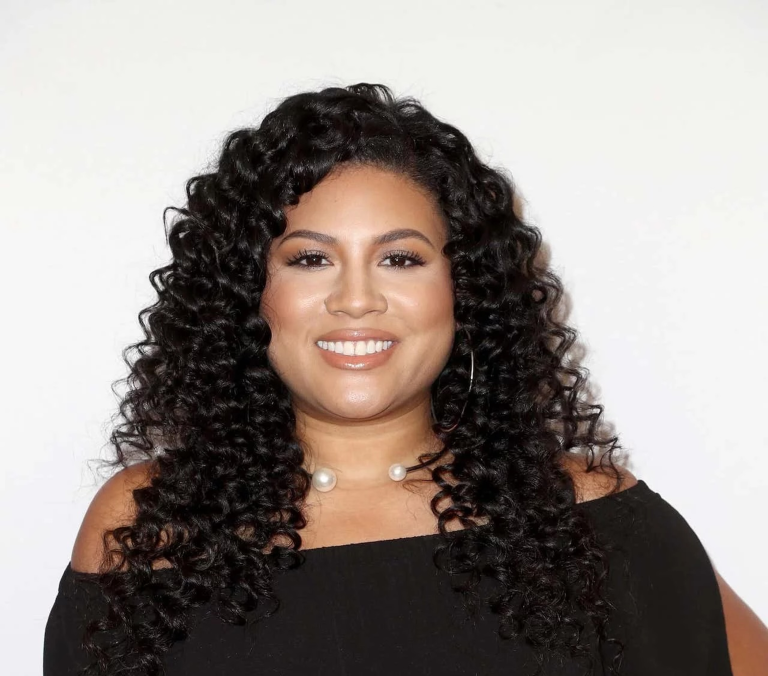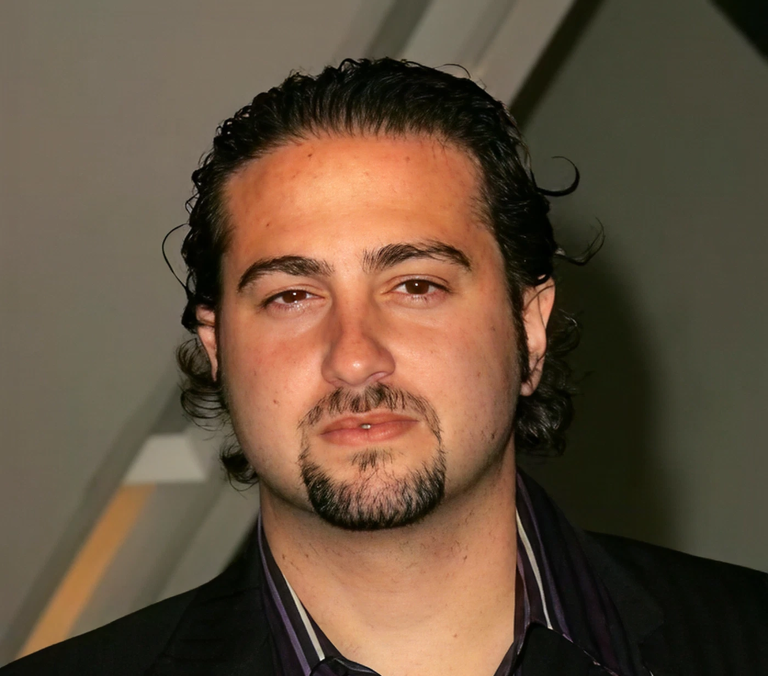Hands-On Film Workshops at NYFA’s Film School
In NYFA’s 4-Week Filmmaking Workshop, students are immersed in the language and craft of filmmaking. Students study the traditional concepts of shooting films and can apply this knowledge to various hands-on film projects.
Workshop DescriptionWorkshop Name: 4-Week Filmmaking Workshop
NYFA’s 4-Week Filmmaking Workshop is an introduction and exploration of the visual language and techniques of cinema. Throughout the four weeks, students learn how to create a shot, sequence, and scene, writing, directing, shooting, and editing a series of short film projects. Through this process, students learn to use digital cameras, film lighting packages, and digital editing software provided by NYFA. In total, students produce three short films of increasing complexity.
NYFA students each direct their own films, and crew on the short films of their peers, rotating amongst key crew positions. Through this, students gain experience not only in directing, but as the Director of Photography, Assistant Camera, and Gaffer/Grip. Classes in directing, writing, editing, cinematography, and production round out the curriculum.
Every week, students’ films are screened and critiqued in class with the instructor. When the workshop concludes, NYFA hosts an exclusive screening that students can invite family and friends to attend. NYFA’s workshop students often continue their studies in advanced filmmaking programs.
NYFA also offers the possibility to learn filmmaking from anywhere through a variety of online filmmaking workshops.
To learn more about NYFA’s workshops, see NYFA’s Course Catalog or request more information.
CLASS DETAILS
Directing
At the core of the Four Week Program, this Area of Study introduces students to all major aspects of filmmaking. Students will learn concepts to help achieve maximum psychological impact by studying the director’s decisions in camera placement, blocking, staging, and visual image design. Students will be challenged to think comprehensively about their film projects in terms of the economic realities of low-budget student production. Using their own film projects as prototypes, students will learn to break down their film scripts in terms of story and emotional beats, shot selection and composition, and budgeting and scheduling. This Area of Study will be the forum for preparing, screening, and critiquing three short films.
Hands-on Camera and Lighting
Students undergo intensive training in the use of HD digital video cameras and their accessories. Through hands-on workshops and film tests, they will also learn fundamental lighting techniques. As they progress through the workshop, they learn how to support the mood of the story with lighting choices and experiment with expressive lighting styles.
Hands-on Editing
This Area of Study presents students with multiple aesthetic approaches to editing film and video. Students will learn how to apply concepts such as temporal continuity and spatial continuity, as well as less traditional discontinuous editing techniques to their work. The Area of Study will also discuss the psychological and emotional effects of editing on the overall story. Additionally, students will learn to operate digital editing software which they will use to edit their own films. Classes are supplemented with individual consultations at the computer.
Screenwriting
This Area of Study introduces the established tools and language used in writing a film project. Students will take a story from the initial idea to script with an emphasis on the fundamentals of visual storytelling. The intersection of story structure, theme, character, tension, and conflict is examined through detailed scene analysis. The in-class discussion provides students with constructive analysis and support. Students are encouraged to tell their stories visually, rather than relying on dialogue.
TIMES AND BREAKDOWN BY WEEK
These are intensive, full-time Monday through Friday programs that typically run in three x 3hr sessions from 9 AM-6:30 PM. There are breaks in between sessions. Depending on the workshop, there may be shoots held on the weekend. Students will need to anticipate extra time outside of class to complete assignments, projects, and exercises. Daily class times may vary. Request information to learn more.
PROGRAM AND SOFTWARE REQUIREMENTS
This course requires the following software and equipment:
- External hard drive (costs $30-$200)
- An SD Card
For students that meet the application requirements, our 4-Week Filmmaking Workshop at our Florence campus may be used as a study abroad opportunity. After successfully completing the program, students have the option to receive a regionally accredited transcript, offering transferability of credits.
*Students should confirm credit policies at their institution. To learn more, please visit our study abroad page.
*As the acceptance of transfer credits is always governed by the receiving school, NYFA makes no representation that credits awarded by NYFA will be accepted or applied toward the completion of any degree or certificate by any other postsecondary institution.
4-Week Filmmaking Workshop
| Location | Program Start Date and End Date | Tuition |
|---|---|---|
| New York City | May 11, 2026 – June 6, 2026 July 6, 2026 – August 1, 2026 August 3, 2026 – August 29, 2026 September 14, 2026 – October 10, 2026 | Tuition and Equipment & Technology FeeTuition:$3,899 Departmental Program Fee:$599 |
| Los Angeles | May 11, 2026 – June 6, 2026 July 6, 2026 – August 1, 2026 August 3, 2026 – August 29, 2026 September 14, 2026 – October 10, 2026 | Tuition and Equipment & Technology FeeTuition:$3,899 Departmental Program Fee:$599 |
| Florence, Italy | February 15, 2026 – March 14, 2026 May 17, 2026 – June 13, 2026 June 28, 2026 – July 25, 2026 September 20, 2026 – October 17, 2026 | Tuition and Equipment & Technology FeeTuition:$3,899 Departmental Program Fee:$599 |
The four-week film students complete three projects of increasing complexity, including Mise-en-Scène, Continuity, and Montage/Music film. To learn more about the film projects, visit our film projects page .
Please note: Equipment, curriculum, and projects are subject to change and may vary depending on location. Students should consult the most recently published campus catalog for the most up-to-date curriculum.


